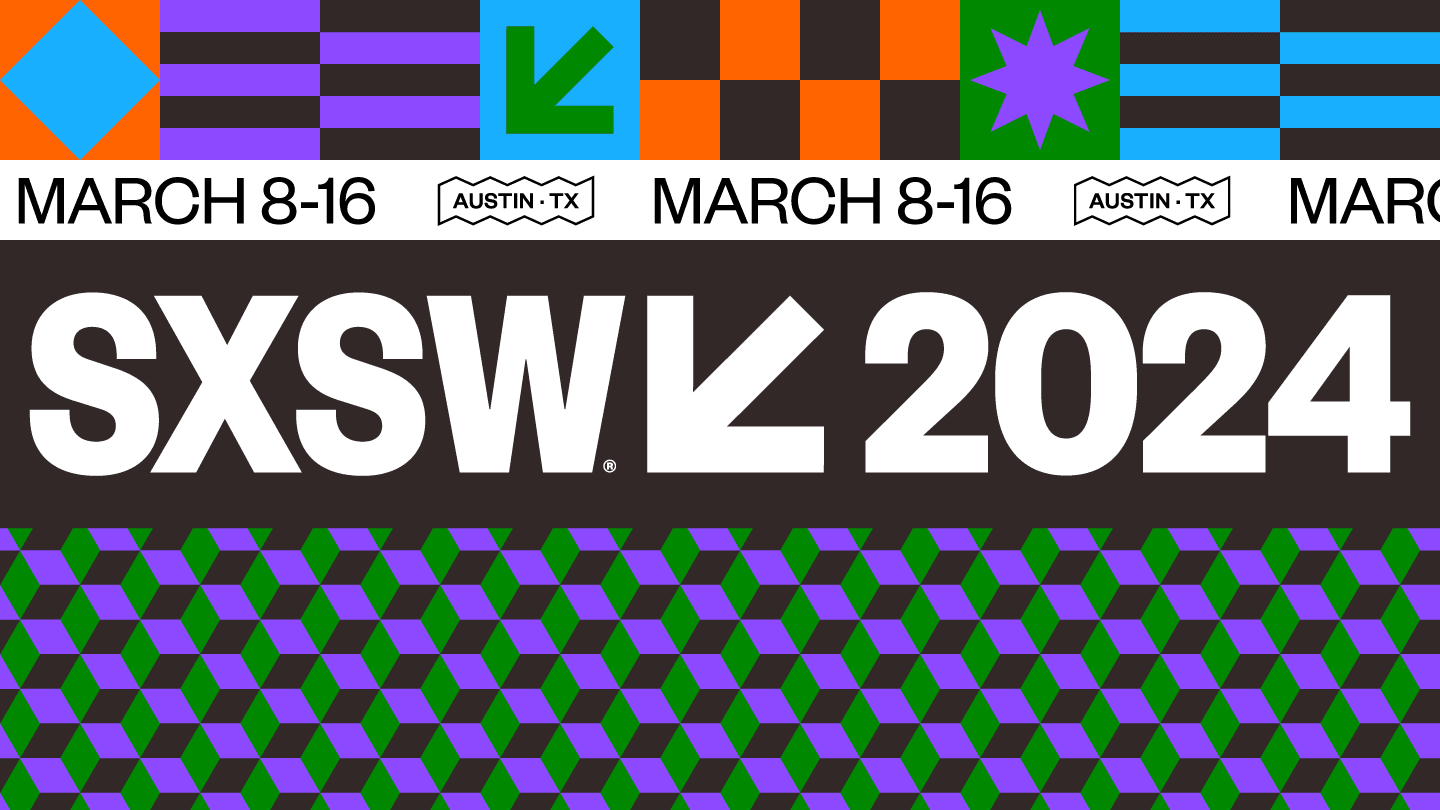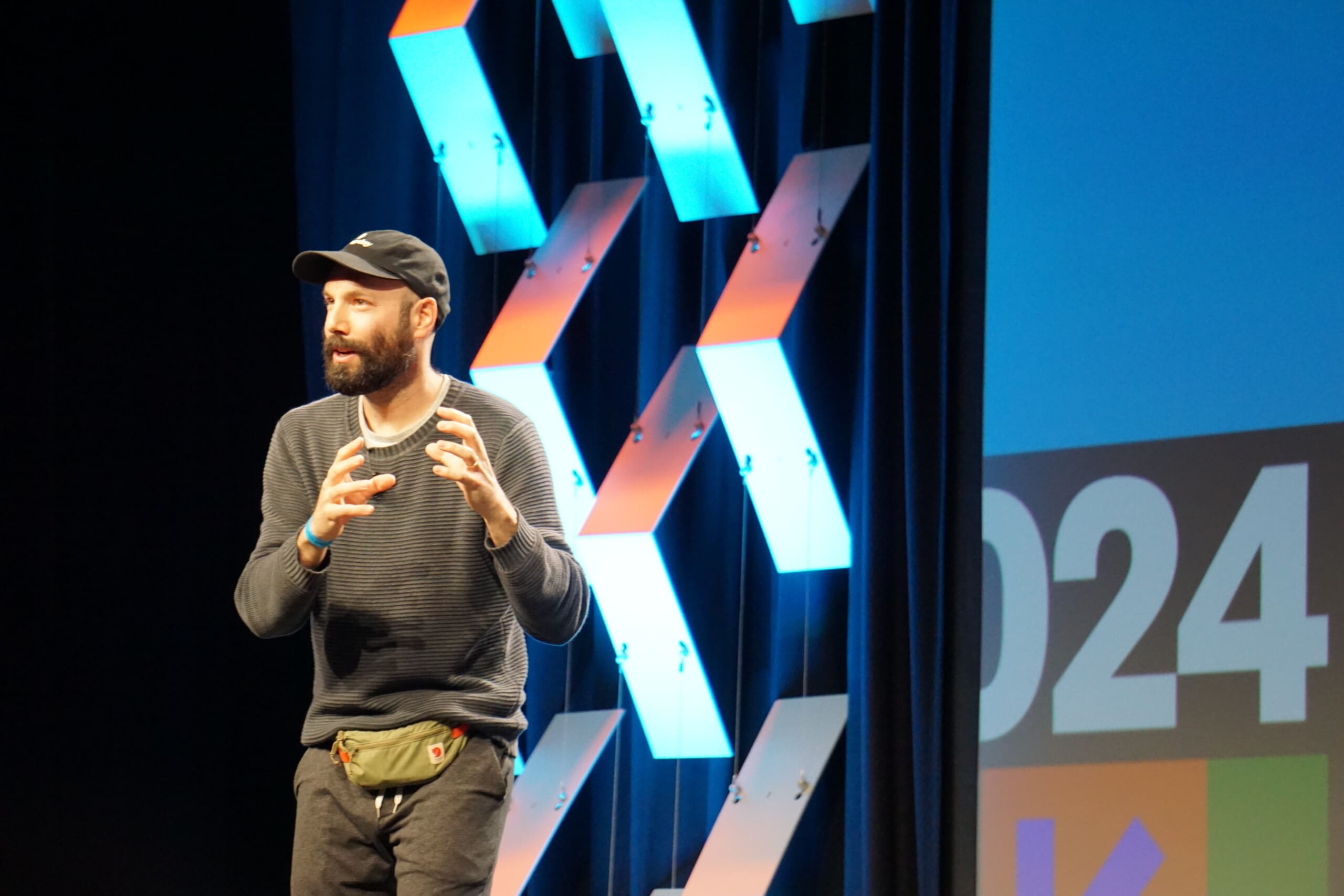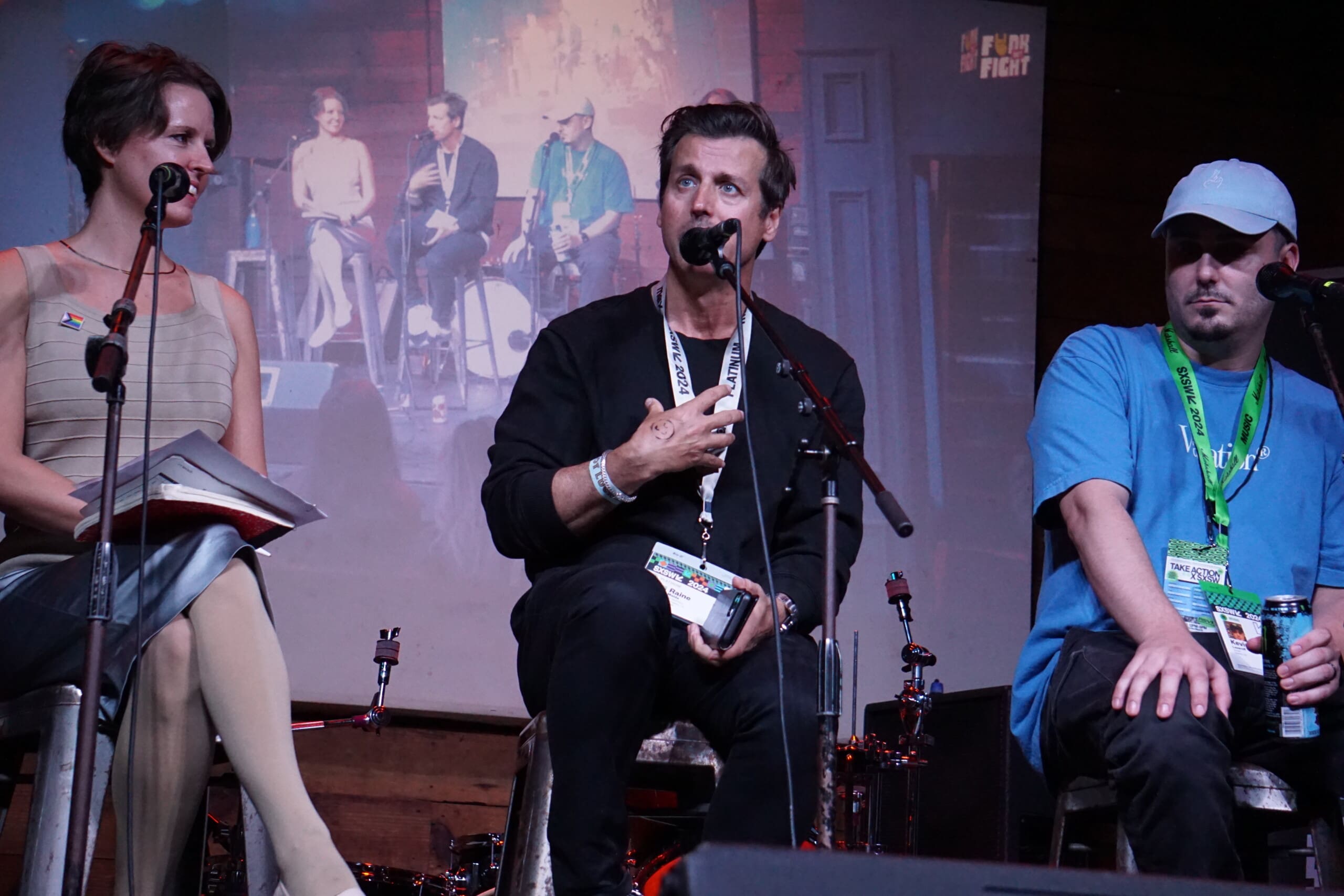
Amidst all the controversy at this year’s SXSW, there was another trending topic.
This topic was led by musicians who feel they have been let down by social media. These musicians are now leading the next wave of tech companies with the best interest of the artist in mind. In the highly competitive landscape of the music industry, where somewhere between 40,000 to 120,000 songs (depending on your source) are uploaded to streaming services every day, the importance of musicians building their own direct connection with fans and owning their own data has never been more critical.
Since the introduction of ranking algorithms in the 2010s, social media platforms no longer work for fan engagement or loyalty for artists or for brands. What was once a tool designed for fans to subscribe to content they liked, thereby building true community, became a formula redesigned to take advantage of mass media advertising budgets to reach new people instead.
Many bands who have used paid advertising on social media platforms in the past to reach their existing fans are abandoning that tactic due to its expense and ineffectiveness. Herein lies the root issue behind the reason artists like Jack Conte co-founded Patreon, Raine Maida (front man of Our Lady Peace) co-founded Fandrop, and why Discord, Kajabi, Fourth Wall, Gumroad, and Moment House are emerging as vital tools for artists looking to establish and nurture a direct line to their audience, ensuring their creative and financial independence.
Hugh Forrest, Co-President & Chief Programming Officer at SXSW, introduced Conte’s keynote with the following explanation – “The Internet started as a platform that democratized creative distribution. You could upload your work to platforms like YouTube and immediately have it accessible to millions of people. After that came the subscribe button, which enabled creators to go beyond reach… But with the rise of algorithm focused platforms, Facebook’s ranking, and TikTok’s “For You” curation, creators could not reach their following and their true fans. This shift has had a devastating impact on creators’ creativity, and the ability to support themselves doing what they love.”

Conte has long championed the cause of creators having ownership over their work and the communities they build. Since launching, Patreon has sent over $3.5 billion to creators. “The current Internet algorithms are killing the traditional follower model for creators, threatening their creative freedom and livelihoods,” Conte explains. “Patreon stands as a beacon of what the future could look like—a new creative economy where creators are paid for the value they provide to the world.”
Raine Maida, CEO and Co-Founder of Fandrop.com, and founder of the band Our Lady Peace, addressed some key issues facing the music industry due to the control third-party platforms exert over artist data. “We’re in a music crisis,” Maida observes. “The middle class of musicians, which is the majority, finds the current model unsustainable.” Fandrop aims to counteract this by providing artists with tools to directly connect with fans, especially at live events, ensuring no fan interaction goes unacknowledged.
Fandrop distinguishes itself by focusing on fan acquisition during live performances, offering modern loyalty programs and instant rewards. Maida explains the significance: “Breaking down the barrier between artists and fans is crucial. We give artists the tools to make every fan at a show feel like they’re part of something bigger.” With Fandrop, artists own the data collected, allowing them to understand their audience better and make informed decisions about tours, merchandise, and engagement strategies that are more targeted and more personal..
Patreon complements this by providing a subscription-based platform where fans can access exclusive content from behind-the-scenes footage to early music releases. This model not only ensures a steady income stream for artists but also cultivates a dedicated community of fans who are invested in the artist’s success.
Together, Fandrop and Patreon represent a formidable duo in the fight for a fairer music industry. By leveraging these platforms, artists can circumvent the pitfalls of social media, where algorithms dictate visibility, and traditional revenue streams prove inadequate. Instead, musicians can forge lasting relationships with their fans, grounded in mutual respect and appreciation. While Patreon is expanding its products with more community, media and business tools, Fandrop is helping artists evolve as influencers in their own right by giving artists a view of their fan data and connecting them with brands directly.
As the music industry continues to evolve, the success stories emerging from Patreon and Fandrop provide a blueprint for other artists seeking to navigate these changes. These platforms are not merely tools but lifelines for artists in an industry fraught with challenges. They offer hope and a path forward, ensuring that music, an art form that unites and inspires, thrives in the digital age.
In the words of Maida, “It’s about recognizing the power of direct connections. As artists, we need to ensure that every fan leaves our shows feeling like they’re part of our journey.” This ethos, shared by both Patreon and Fandrop, is not just about business—it’s about preserving the essence of music as a shared human experience.


